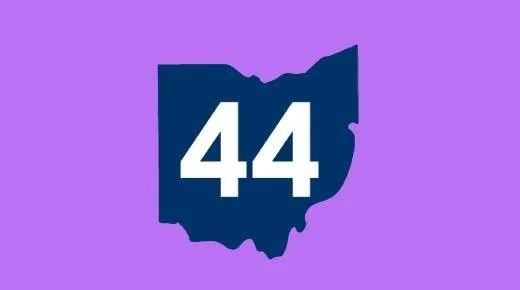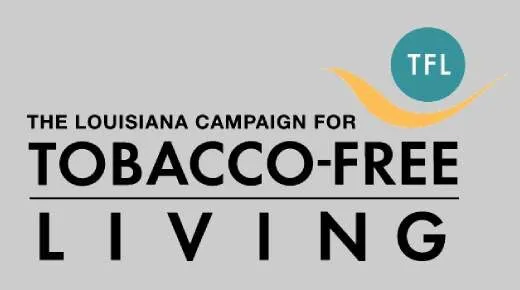Public health institutes are nonprofit organizations that increase the capacity of their state and local communities to improve public health. A public health institute’s mission is to advance public health — serving as strategic conveners and providing timely administrative and operational support in collaboration with government agencies and other strategic partners such as hospitals, universities, community-based organizations and businesses. They provide nimble administrative and operational support in collaboration with government agencies. They are capacity extenders and innovators in public health.
Institutes foster community-driven partnerships that support efforts to create a more stable, robust, public health infrastructure that addresses health and social needs in the context of community, with a focus on fairness and accountability. They complement public health systems by strengthening the public health infrastructure, attracting and distributing resources that help fund, educate, and support efforts to expand health opportunities.
Public health institutes are especially critical in public health emergencies such as the COVID-19 pandemic. They provided rapid data collection, analysis and management support; rapid hiring and deployment of skilled public health workers, coordination among public health, healthcare, and community agencies; and communications capacity, among many other urgent supports.
Institutes have deep local relationships with their partners. Their boards are comprised of representatives of partners and people in the communities they serve. Institutes regrant local partner organizations, often with small community organizations, to partner on public health programs. They invest in local staff and attract experts to live and work in their communities.


